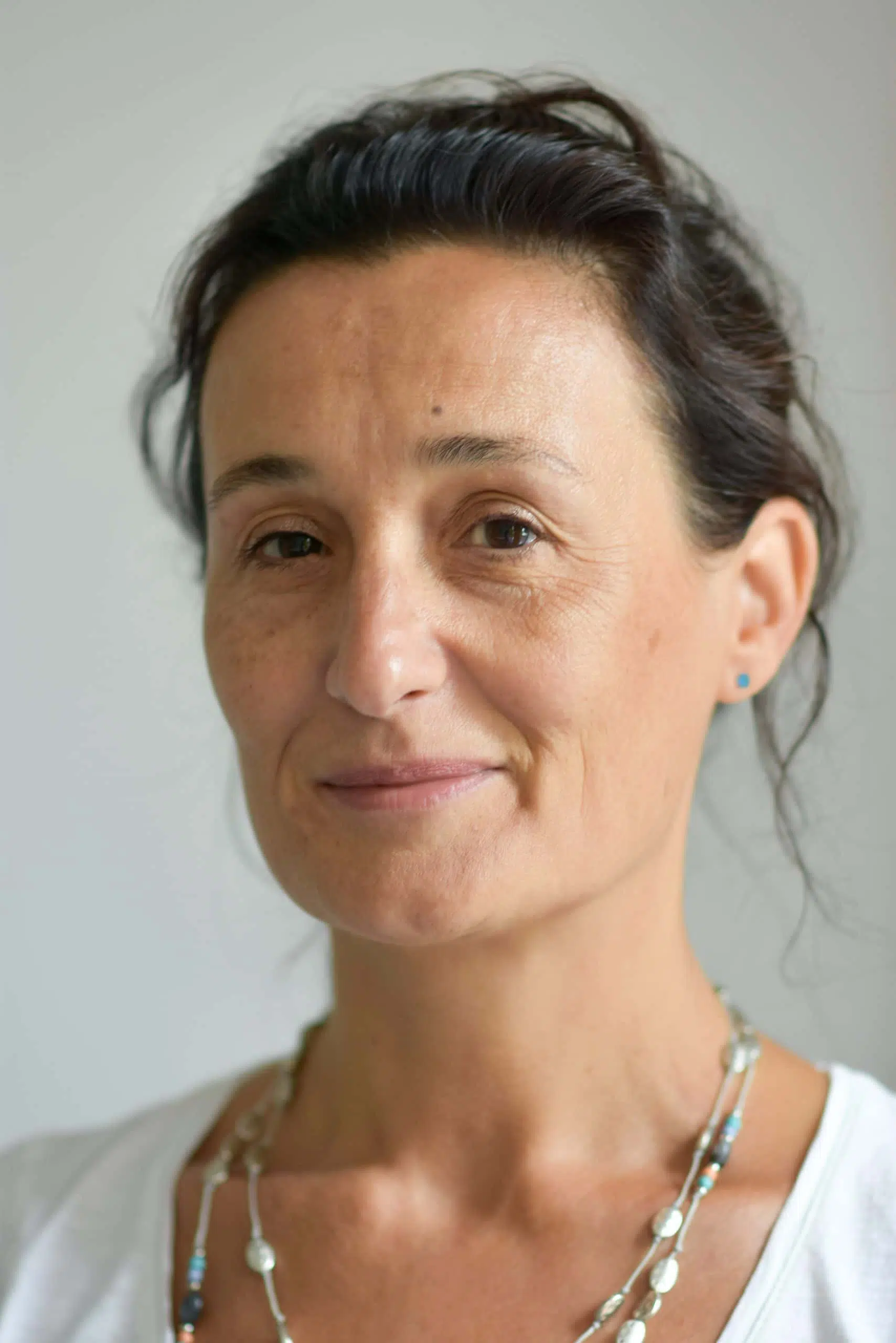The ANACECA project (Anciennes et Nouvelles Arènes et Compétences de l'Économie Circulaire de l'Automobile, trad.: Old and New Arenas and Skills of the Circular Economy in the Automotive Sector) aims to study, characterise and optimise the arenas in which the skills needed to structure a new circular economy in the automotive sector are developed.
The project is organised around three main areas:
- Characterisation of the traditional circular economy (EC1):
This phase focuses on understanding existing and traditional circular economy practices in the automotive sector. It will include an examination of the specific skills developed by companies and workers in preparing vehicles for resale and processing end-of-life vehicles (ELVs). - Analysis of recent regulations in the new circular economy for the automotive sector (EC2): i.e. the processes and professions associated with used vehicle refurbishment, ELV treatment and electric vehicle battery repair.
- Propose improvements for a desirable transition to a more sustainable circular economy (EC3) that enables economic development while preserving natural resources.
Project duration
24 months, from December 2024 to December 2026.

The ANACECA project is funded by ADEME, the French ecological transition agency, under the TEES (Transitions écologiques, économiques et sociales, trad.: Ecological, Economic and Social Transitions) programme.
The ESSCA Institute for Sustainable Transport and Mobility is contributing through the participation of Emmanuelle Dutertre, a sociologist specialising in automotive services.
Together with Bernard Jullien, she will focus on vehicle repair and maintenance, which will involve:
- Synthesising existing studies and characterising the socio-economic aspects of traditional practices.
- Analysing the organisational choices and performance of repair centres.
- Developing recommendations for public and collective action.
She will also work on the repair and recycling of traction batteries, including:
- Analysing remanufacturing activities and European legislation on battery repairability and recyclability.
- Developing scenarios and recommendations for the repair and recycling industry.

- Permanent Research Group on the Automotive Industry and its Employees 'GERPISA' – Ecole normale supérieure Paris Saclay
- Bordeaux Economics Laboratory 'BSE' – University of Bordeaux
- Transition Mobility Institute - Institute for Sustainable Development and International Relations 'IDDRI-IMT'
- Mobilians
- National Automobile Training Association 'ANFA'
- Sustainable Transport & Mobility Institute - ESSCA School of Management
- Ecole nationale supérieure des mines de Paris
- SYNDEX








